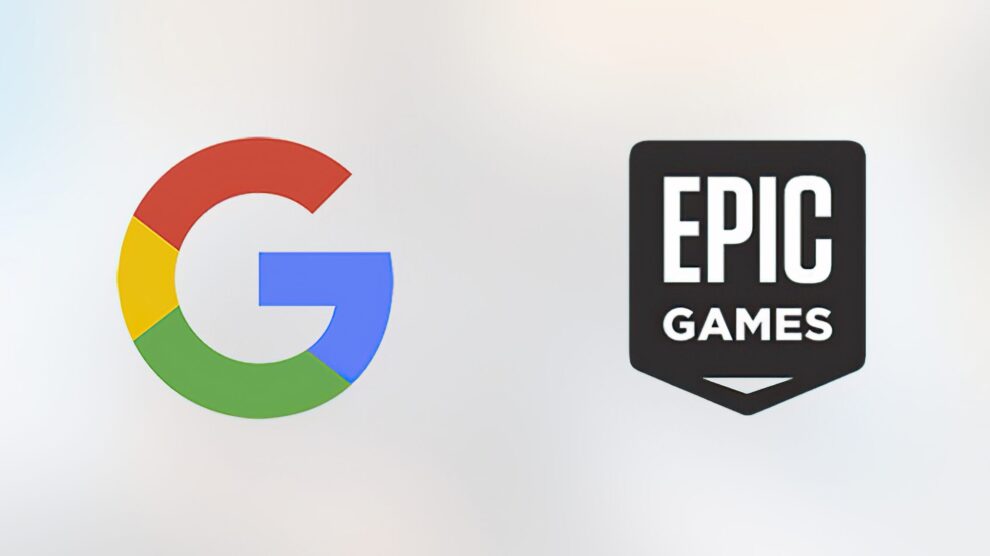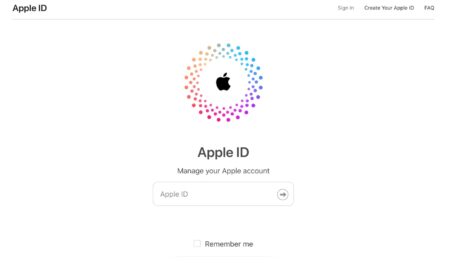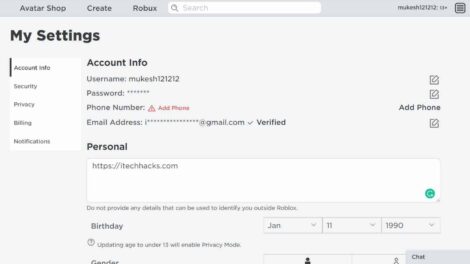Google is facing a monumental antitrust trial brought by Epic Games, maker of the hugely popular game Fortnite. The trial could have major ramifications for Google’s control over the Android app ecosystem if Epic prevails.
In this comprehensive guide, we’ll explain the context, allegations, potential outcomes, and impacts on developers and consumers. With billions in revenue at stake, this is one of the most important tech industry cases in years.
Understanding the Lawsuit Background
Epic first filed antitrust charges against Google in August 2020 after a similar dispute with Apple. The crux of their complaint is that Google illegally abuses monopoly power over Android app distribution and in-app payments.
Specifically, Epic alleges that Google’s requirements around the Play Store and use of Google Play Billing for in-app purchases violate antitrust law. By forcing developers to use Google’s ecosystem exclusively, Epic argues that competition is stifled.
Google maintains its policies ensure Android security and that its fees are fair compensation for running the Play Store. But regulators increasingly question whether Google is abusing its dominance.
Google’s Control of the Play Store
At the heart of the case is the Google Play Store’s role as essentially the sole app store on Android devices. Unlike Apple, Android does allow “sideloading” apps. However, the Play Store is still by far the primary way users install apps.
Some key facts about Google’s Play Store dominance:
- Over 90% of apps on Android devices are downloaded via the Play Store.
- There are currently about 3 million apps in the Play Store.
- Google requires phones to pre-install the Play Store as a condition of accessing Google’s apps.
- Google has deals with phone makers to set the Play Store as the only app store.
Through a combination of technical restrictions, licensing agreements, revenue sharing, and incentives, Google exerts enormous control over app distribution on Android.
Google Play Billing payment system
Google also mandates that apps selling digital goods or subscriptions use Google Play Billing as the payment processor.
Key facts around this policy:
- Google charges a 30% commission on most digital transactions through Play Billing.
- Alternate payment systems are generally prohibited or restricted.
- Google argues Play Billing protects users by stopping fraudulent transactions.
- Critics contend Google uses it to lock in billions in transaction fees.
Epic alleges both the Play Store and Play Billing restrictions illegally maintain Google’s monopoly powers around Android apps by boxing out competitors.
Epic’s Fortnite Dispute With Google
Epic’s antitrust claims originated from a dispute around Fortnite, one of the world’s most popular games.
In August 2020, Epic introduced a direct payment option within Fortnite on iOS and Android to bypass Apple and Google’s app payment systems. Both companies promptly removed Fortnite from their respective app stores for violating policies.
Epic CEO Tim Sweeney has been an outspoken critic of monopolistic app store practices. He deliberately triggered the Fortnite dispute as a calculated move to spark legal action against Apple and Google’s alleged monopolies.
The lawsuit against Google contends that its Android app rules harm consumers and developers by forcing use of Google’s services. Epic is seeking changes that would open Android apps to more distribution channels and payment methods.
The Trial: Epic’s Allegations Against Google
The Epic vs Google trial began in January 2023, with proceedings expected to last 3-4 weeks. Let’s examine the key allegations Epic is making:
Illegal Monopoly Over Android App Distribution
Epic argues that by restricting alternative app stores, Google maintains an illegal monopoly position over Android app distribution. This stifles competition, harms developers, and limits consumer choice.
Anticompetitive Tying of Google Play Services
Bundling key services like maps and connectivity with Play Store access coerces usage of Google’s ecosystem over potential rivals, Epic alleges.
Payment Processing Monopoly
Mandating developers use Google Play Billing for in-app purchases entrenches Google’s payment processing dominance and fees against competition, according to Epic.
Price Inflation
Epic claims that Google inflates costs for developers and consumers by as much as 40% compared to a more competitive market.
Self-Preferential Treatment
Google gives preferential treatment to its own apps like YouTube in search rankings and pre-installs, which Epic argues is illegal self-dealing.
Developer Lock-in
Switching from Android is difficult for developers due to surmounting technical barriers and inability to transfer apps, giving Google excessive power over developers.
Epic wants the court to force Google to open Android up to alternate app stores, third-party payments, and reduce restrictions.
Google’s Defenses Against Epic’s Allegations
Google is countering with a number of defenses supporting its Play Store and Play Billing policies:
- The pre-install of first-party apps provides value to Android users, not just Google.
- Google Play Services help protect user security and privacy beyond just the Play Store.
- Google operates a layered security model preventing sideloading risks.
- Google’s fees fund ongoing investment into Android innovation and the Play Store.
- Developers can avoid Google’s commissions by offering web apps and through advertising.
- Google faces abundant competition from Apple and within Android’s open ecosystem.
Essentially, Google asserts that its control over Android is driven by technical necessities around security and ecosystem coherence, not illegal monopolization.
What’s at Stake in the Trial
If Epic wins, the ramifications for Google could be massive:
- Google may be forced to reduce Play Store commissions and fees imposed on developers.
- Alternate Android app stores could undermine Google’s control over app distribution.
- More competition in payments could disrupt the Play Billing transaction monopoly.
- Google’s ironclad grip over Android could be severely weakened.
Conversely, a Google victory would solidify its position and effectively sanction its contested app market practices going forward.
Potential Trial Outcomes and Impacts
Although unpredictable, here are potential outcomes from the trial and how they could impact developers and consumers:
Epic Victory
If Epic wins decisively, Google may face sweeping changes like:
- Allowing alternate app stores on Android devices
- Opening in-app purchases to third-party payment systems
- Cutting Play Store commissions to attract developers back
- Restricting deals with phone makers around pre-installed apps
Developer Impact: More options for distributing apps, greater revenue share, and reduced barriers to building Android apps.
Consumer Impact: Potentially more app stores to choose from and lower prices on in-app purchases. However, app security could weaken.
Partial Epic Victory
The court could offer a split verdict forcing moderate changes such as:
- Allowing third-party payments for apps above a certain revenue threshold
- Reducing Play Store commissions on subscriptions
- Greater transparency around app rankings and device pre-installs
Developer Impact: Lower commissions on some transactions and increased Play Store transparency.
Consumer Impact: Possible cost savings on large subscriptions like streaming services.
Google Victory
A verdict fully in Google’s favor would enable business as usual:
- Mandatory use of Play Store and Play Billing maintained
- No need to open Android further to alternate app stores
- No changes to how Google promotes its own apps
Developer Impact: No escape from Google’s restrictions and fees on the Play Store and in-app payments.
Consumer Impact: The status quo persists, limiting app store choice but maintaining security.
Any outcome significantly weakening Google’s control faces lengthy appeals, so major changes to Android are far from imminent. But the trial could still gradually reshape the ecosystem.
What Should Consumers Do?
Until the case resolves, consumers have limited options but should stay informed as changes unfold. A few tips:
- Understand the security tradeoffs if downloading apps outside the Play Store. Use trustworthy sources.
- Avoid sideloading apps or app stores with excessive permissions. Read access requests carefully.
- Keep your Android device and apps updated to stay secure.
- Follow trial developments that could impact the apps and services you use.
- Provide feedback to regulators around app store competition concerns.
While the trial outcomes remain uncertain, increased consumer choice and reduced app costs could eventually emerge. But Google may fiercely resist any required changes to its Android model.
Will This End Google’s Antitrust Woes?
The Epic trial is just one of Google’s antitrust headaches. Google faces two other major legal threats as well:
Justice Department Antitrust Lawsuit
The DOJ sued Google in late 2020 alleging illegal monopolization of search and search advertising. This case is scheduled to begin in 2023.
State Attorneys General Antitrust Coalition
A group of over 30 state attorneys general filed an antitrust lawsuit similar to the DOJ’s focusing on Google’s dominance in digital ads and search.
The Epic trial relates specifically to Android app distribution. But losing any case risks opening the floodgates to more antitrust actions that could chip away at Google’s clout across multiple sectors.
Even if Google defeats Epic, sustained legal and regulatory pressure could force gradual changes to Google’s business practices. But meaningful effects may unfold over many years.
Conclusion: All Eyes on Epic vs. Google
The stakes are sky-high in the Epic Games antitrust lawsuit against Google’s alleged monopoly over Android apps. Billions in revenue and Google’s iron grip over Android hang in the balance.
While the trial started in January 2023, legal appeals could drag on for years depending on the outcome. But the case holds huge significance for developers and consumers regarding app distribution, payments, costs, and security.
If Epic prevails, it could force sweeping changes across Android. But Google will fight relentlessly to defend the lucrative status quo. This battle poses Google’s greatest antitrust threat yet on its home turf over mobile apps.
The course of Android’s future direction now rests in the hands of the courts. With sharp legal teams on both sides, expect an unpredictable and drawn-out fight between these tech industry heavyweights.










Add Comment